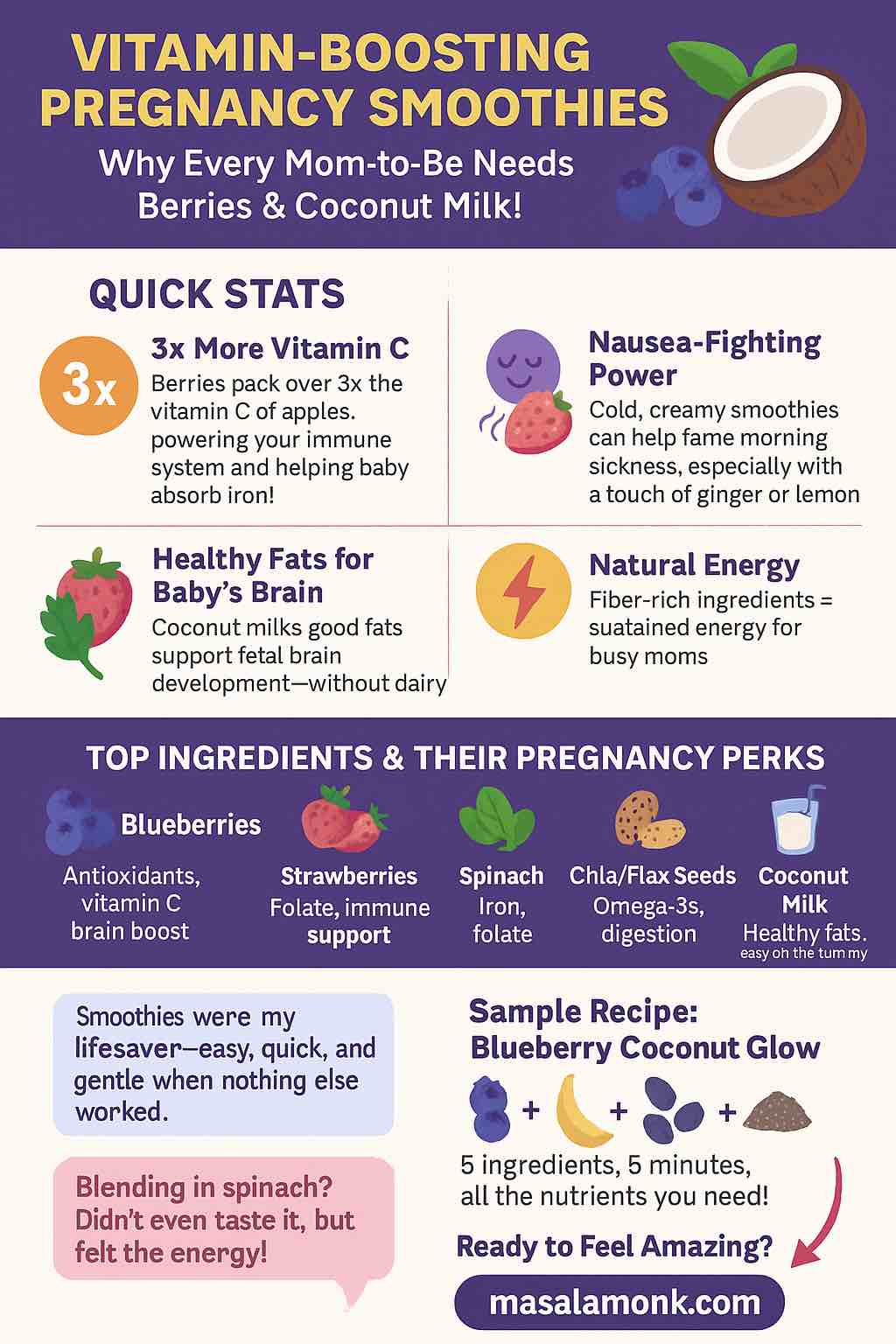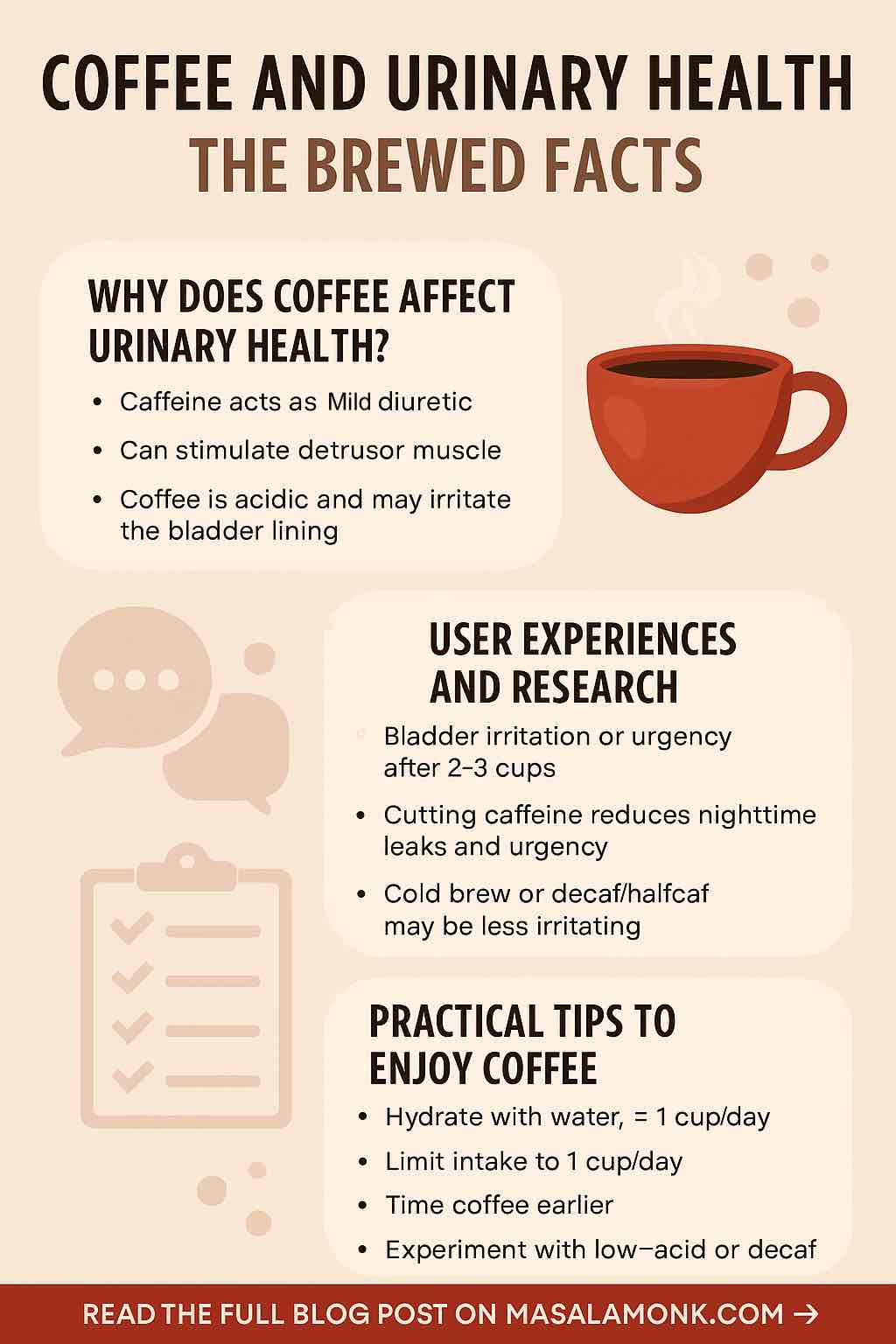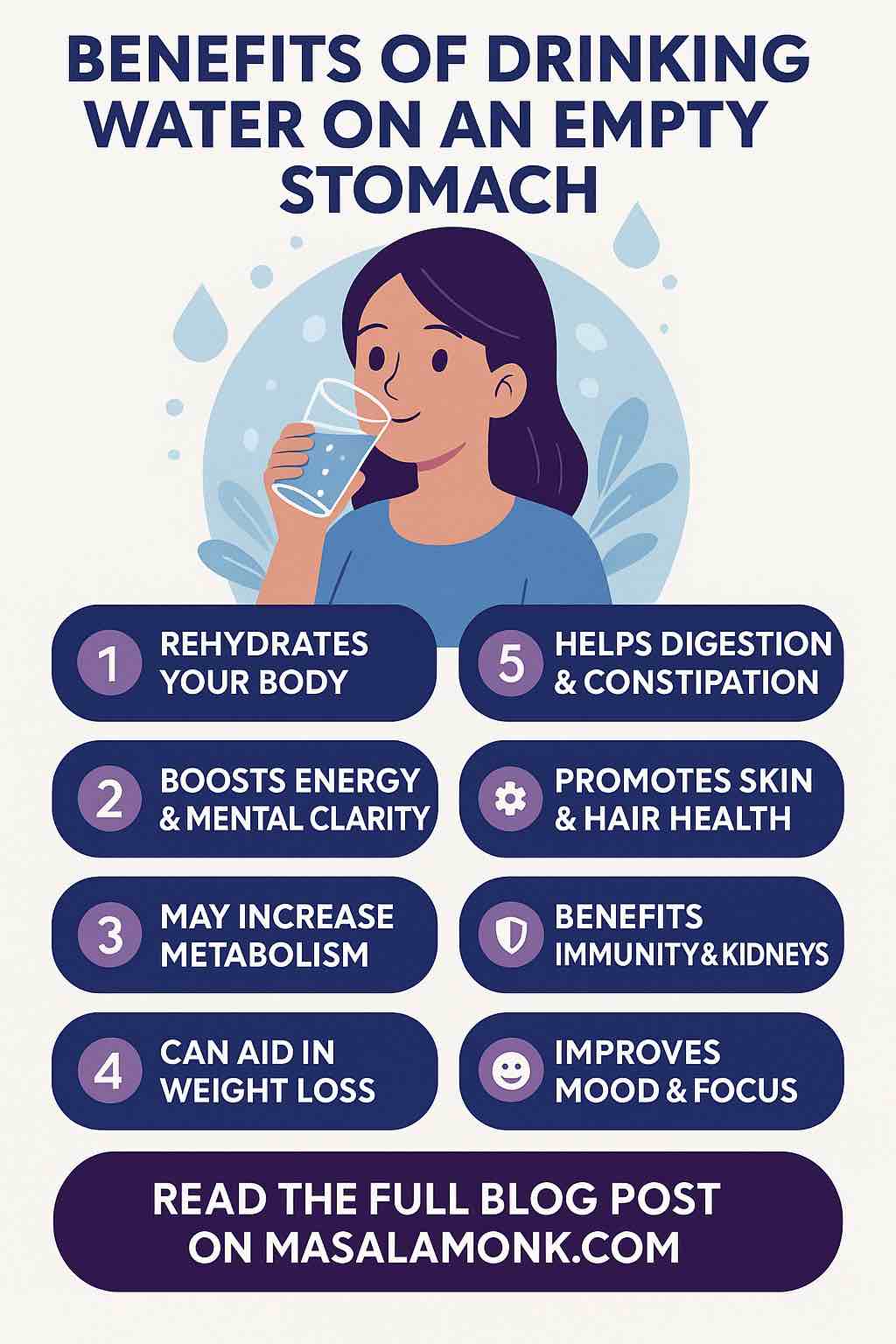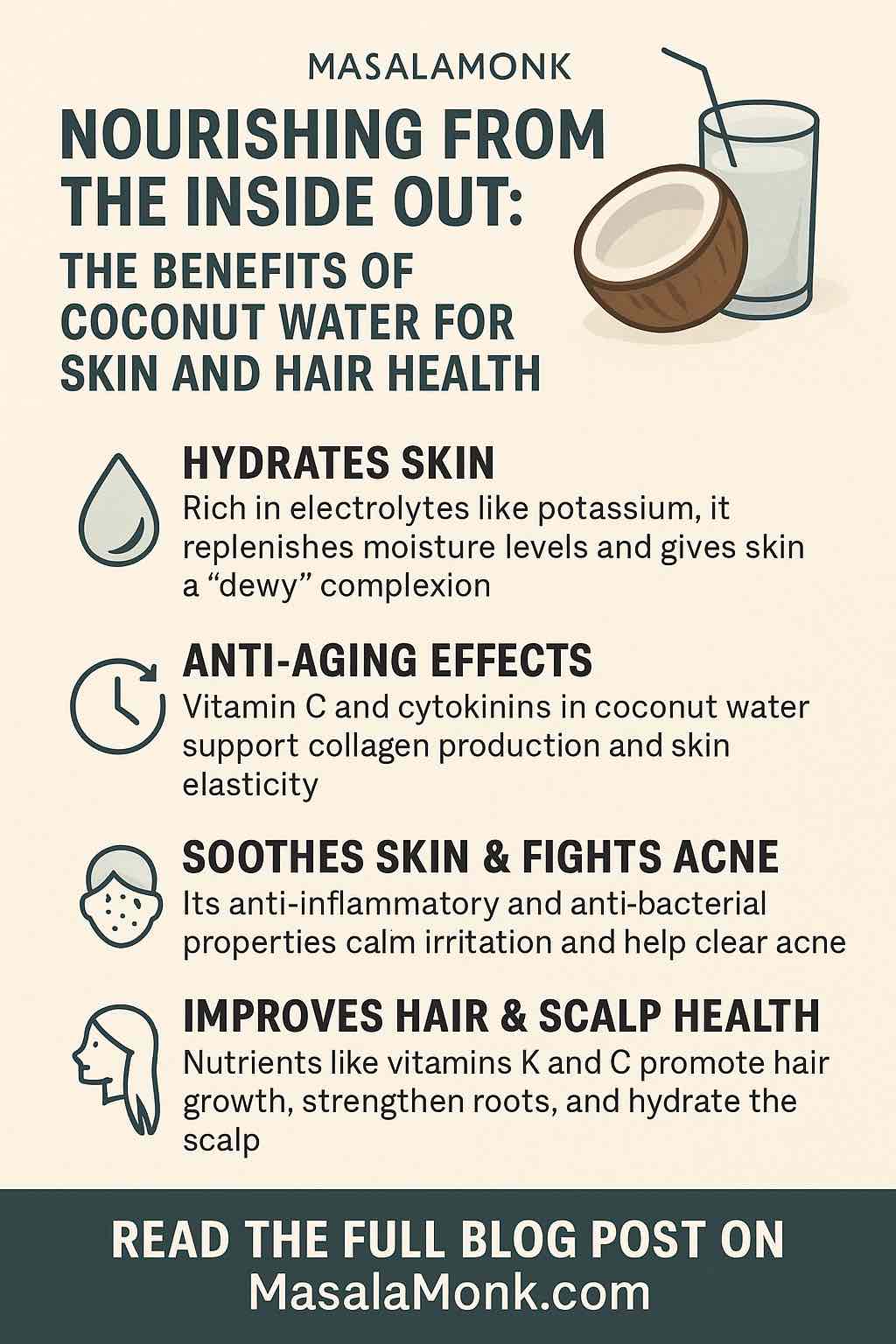
Pregnancy is a magical journey, but let’s be honest—it comes with its own set of challenges: fatigue, cravings, nausea, and the constant worry about getting all the right nutrients for you and your growing baby. That’s where pregnancy smoothies can be a true game changer!
If you’re looking for a delicious, refreshing, and actually beneficial way to nourish your body, smoothies starring berries and coconut milk are your new best friends. Here’s why, plus five recipes, science-backed benefits, and real user feedback—so you can sip with confidence (and maybe a little joy, too!).
Why Berries & Coconut Milk? The Science and the Practicality
Berries: Tiny Powerhouses
Berries—blueberries, raspberries, strawberries, blackberries—aren’t just tasty. They’re loaded with:
- Vitamin C: Immune support, better iron absorption, cell repair.
- Antioxidants: Protect baby’s growing cells from oxidative stress.
- Folate: Vital for your baby’s brain and spinal cord development.
- Fiber: Natural relief for pregnancy constipation and supports gut health.
Coconut Milk: Creamy Goodness
Coconut milk is rich, dairy-free, and packed with:
- Healthy Fats: Essential for your baby’s developing brain and nervous system.
- Iron, Magnesium, Potassium: Key minerals for muscle and nerve function.
- Gentle on the Tummy: Often easier to digest than dairy, especially if lactose makes you queasy.
Real-Life Feedback: What Pregnant Women Are Saying
- “Berries and coconut milk are the only things I craved in my first trimester. Add some banana or spinach, and it’s the only way I could sneak in veggies.”
- “Smoothies got me through days when the thought of eating solids was a no-go. Adding flax seeds made me feel full, and the fiber helped with digestion.”
- “I loved blending frozen berries with coconut milk and protein powder for a quick breakfast—kept me full and gave me energy for my walks.”
(From Reddit threads, blog comments, and nutrition forums.)
5 Pregnancy-Perfect Berry & Coconut Milk Smoothie Recipes
Ready to blend? These recipes are crafted to deliver major nutrients, satisfy cravings, and work with whatever your stomach (and schedule) can handle. Each one comes with bonus tips for customization.
1. Blueberry-Coconut Glow Smoothie
Ingredients:
- 1 cup blueberries (fresh or frozen)
- 1 cup coconut milk
- 1 small banana
- 1 tbsp chia seeds
- ½ tsp vanilla extract
Why it’s great:
Blueberries are antioxidant superstars. Chia seeds add plant-based omega-3s for baby’s brain. Banana gives natural sweetness and potassium for leg cramp relief.
User tip: If you have morning sickness, freeze the banana first—it makes the smoothie extra cold and soothing.
2. Strawberry Mango Sunshine Smoothie
Ingredients:
- 1 cup strawberries
- ½ cup mango chunks
- 1 cup coconut milk
- ½ cup Greek yogurt (optional; use dairy-free for vegan)
- 1 tbsp ground flaxseed
Why it’s great:
Strawberries and mango are loaded with vitamin C and folate. Greek yogurt gives protein for lasting energy.
Pro tip: Don’t like yogurt? Swap for avocado—extra creamy, extra healthy fats.
3. Raspberry Beet Antioxidant Power Smoothie
Ingredients:
- 1 cup raspberries
- ½ small cooked beet (peeled)
- 1 cup coconut milk
- 1 small apple (sliced)
- Squeeze of lemon
Why it’s great:
Beets are packed with folate and iron, helping prevent anemia. Lemon boosts vitamin C and brightens the flavor.
Feedback from users: “Never thought I’d crave beets, but blended with berries and apple, you can’t even taste them—just vibrant color and sweet-tart flavor!”
4. Mixed Berry Spinach Boost
Ingredients:
- 1 cup mixed berries
- 1 handful baby spinach
- 1 cup coconut milk
- 1 tbsp hemp seeds
- 1 tsp honey (optional)
Why it’s great:
Spinach sneaks in extra iron and folate. Hemp seeds add protein and omega-3s.
Pregnancy tip: Blend spinach and milk first before adding fruit—no leafy bits, super smooth!
5. Blackberry Oatmeal Breakfast Smoothie
Ingredients:
- 1 cup blackberries
- ¼ cup rolled oats (soaked for 10 minutes)
- 1 cup coconut milk
- 1 tbsp almond butter
- ½ tsp cinnamon
Why it’s great:
Oats provide fiber and B vitamins. Almond butter keeps you satisfied, while cinnamon helps balance blood sugar.
User favorite: “This one kept me full through my morning meetings, and my midwife loved the fiber content!”
How to Make Your Smoothie Work for You
Every pregnancy is different. Here’s how to personalize:
- Nausea: Keep it cold. Freeze fruits. Add a little ginger.
- Constipation: Up the fiber—flaxseed, chia, soaked oats.
- Protein boost: Add Greek yogurt, protein powder (pregnancy-safe), or nut butters.
- Iron intake: Add spinach or cooked beets, and pair with vitamin C fruits.
- Gestational diabetes: Use more greens, lower-glycemic fruits (berries over bananas/mango), add avocado.
Ingredient Swaps & Pro Tips
| If you want to… | Try this |
|---|---|
| Go dairy-free | Use coconut or almond yogurt |
| Add plant-based protein | Try pea, hemp, or soy protein powder |
| Avoid banana | Use mango, pear, or extra berries |
| Make it more filling | Add soaked oats or avocado |
| Sweeten naturally | Use dates or a drizzle of honey (optional) |
Nutrition & Safety Notes
- Choose pasteurized dairy/yogurt for safety.
- Wash all produce thoroughly.
- Limit added sweeteners—fruits often provide enough.
- Check with your healthcare provider if adding protein powders or supplements.
Real Moms’ Pro Tips
- “If you’re short on time, frozen fruit is your best friend—no washing or chopping needed.”
- “A little lemon or ginger goes a long way when you’re fighting nausea.”
- “Invest in a powerful blender. Trust me, it makes a difference with greens and seeds!”
- “Double your batch and freeze smoothie ice pops for summer cravings!”
Final Thoughts: Blend, Sip, Enjoy (And Grow!)
Pregnancy is about nourishing yourself and your baby—without sacrificing flavor or sanity. With these berry and coconut milk smoothie recipes, you can get a rainbow of vitamins, antioxidants, healthy fats, and fiber in every glass. Play around, try new combos, and find what works for you. Every sip is a small act of self-care for you and your little one.
Got a favorite combo or pro tip? Share it in the comments! Happy blending, mama. 🫐🥥💪
FAQs: Vitamin-Boosting Pregnancy Smoothies
1. Can I use frozen berries in pregnancy smoothies?
Absolutely. Frozen berries are just as nutritious as fresh ones, and often even more convenient. They help keep your smoothie cold and thick, plus they’re already washed and prepped—just be sure they’re from a trusted source.
2. Is coconut milk safe for pregnancy smoothies?
Yes, coconut milk is safe and provides healthy fats that are important for your baby’s brain development. Choose unsweetened, BPA-free canned or carton coconut milk, and check the ingredients for additives if you have sensitivities.
3. How can I add more protein to my smoothie?
Boost protein with Greek yogurt, cottage cheese, nut butters, chia seeds, hemp seeds, tofu, or pregnancy-safe protein powders. Dairy-free yogurts made from coconut, almond, or soy can also add protein.
4. What if I have gestational diabetes—can I still have fruit smoothies?
Yes, but use more low-glycemic fruits like berries, and balance your smoothie with protein, fiber (chia/flaxseed, oats), and healthy fats (nut butters, seeds) to help stabilize blood sugar. Limit high-sugar fruits like bananas or mangoes.
5. Are there any smoothie ingredients I should avoid during pregnancy?
Avoid unpasteurized dairy products, raw eggs, certain herbal supplements, excess added sugars, and protein powders not verified as pregnancy-safe. Always wash produce thoroughly and check with your healthcare provider about any new supplements.
6. Can I prep pregnancy smoothies in advance?
Yes! You can pre-portion ingredients in freezer bags for quick blending. Prepared smoothies last in the fridge up to 24 hours—shake or stir before drinking. For longer storage, freeze in ice cube trays and blend as needed.
7. How can I make smoothies more filling?
Add fiber-rich ingredients like oats, chia seeds, avocado, nut butters, and Greek yogurt. These help with satiety and sustained energy, plus support digestion during pregnancy.
8. What’s the best way to include leafy greens without tasting them?
Blend greens like spinach or kale with your liquid first, before adding other ingredients. Use a handful at a time—berries and banana mask the flavor well. Baby spinach is mild and virtually undetectable in most smoothies.
9. How do I reduce morning sickness with smoothies?
Use cold, simple blends with ginger or lemon, and avoid strong-smelling ingredients. Frozen fruits and a splash of citrus can make smoothies more palatable during nausea. Sip slowly and stick with small servings if your stomach is sensitive.
10. Is it okay to drink smoothies every day during pregnancy?
Yes, as long as you vary ingredients and balance your diet with other whole foods. Smoothies are a great way to get vitamins, minerals, and fluids, but aim for variety to cover all nutrient needs. Always consult your doctor with any dietary concerns.













